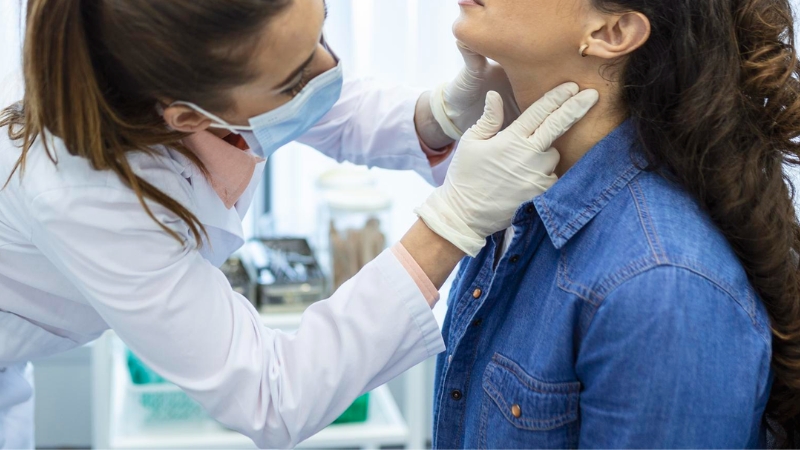Lymph Node Dissection"Surgical Precision in the Management of Cancer."

Our medical center specializes in Lymph Node Dissection, providing careful surgical procedures for the careful and precise excision of lymph nodes. Our operations are thorough, empathetic, and patient-centered since we understand the importance of lymph node management in a variety of medical situations. This section will discuss the importance of lymph node dissection, the problems it treats, possible concerns, and the unique qualities that set us apart as a premier provider of top-notch surgical oncology care.
What Is Lymph Node Dissection?
A surgical operation called lymph node dissection, sometimes referred to as lymphadenectomy, involves removing lymph nodes in order to perform a diagnostic or therapeutic procedure. This technique is frequently carried out to treat disorders affecting the lymphatic system or to evaluate the progression of malignancy.
Why Is Lymph Node Dissection Necessary?
- Cancer Staging: Dissection of lymph nodes is required for cancer staging, which aids in assessing the degree of cancer spread and directs subsequent therapy choices.
- Treatment of Lymphatic Conditions: Lymph node dissection may be used to treat lymphatic disorders or diseases in order to reduce symptoms and enhance general health.
Possible Risks:
Although dissecting lymph nodes is usually safe, there are some dangers that should be considered, such as bleeding, infection, lymphedema (swelling brought on by fluid buildup), and in rare instances, nerve damage. In order to reduce these risks and maximize patient safety, surgeons adopt preventative measures.
Treatment Steps in Lymph Node Dissection:
- Pre-operative Evaluation: Thorough evaluation of the patient's condition, including diagnostic testing and imaging scans, in order to establish the surgical strategy.
- Anesthesia Administration: Putting the patient under anesthesia to make sure they are pain-free and asleep during the procedure.
- Incision and Exposure: Cutting a path to expose the area for surgical intervention and gain access to the targeted lymph node or nodes.
- Lymph Node Removal: Removing the targeted lymph nodes with caution, making sure to protect surrounding structures and reduce risks.
- Pathological Examination: Sending the removed lymph nodes for pathological analysis to check for anomalies or the presence of cancerous cells.
- Closure of Incision: Sewing or using staples to close the incision, and using dressings as required.
- Post-operative Care: Instructing the patient on post-operative care, controlling pain, and keeping an eye out for any indications of problems.
- Follow-up Appointments: Arranged follow-up consultations to evaluate the patient's progress, go over pathology findings, and, if required, discuss and schedule further therapies.
Our dedication to providing patients with complete treatment is seen in our Lymph Node Dissection services, which guarantee accurate and customized interventions for better patient outcomes. Our medical staff is here to help if you have any questions or need more information regarding lymph node dissection.
Top Asked Questions and Answers:
FAQ (Frequently Asked Questions):
+91-9144411108
Emergency Cases

